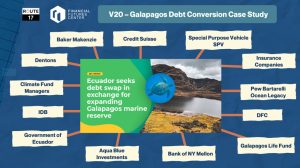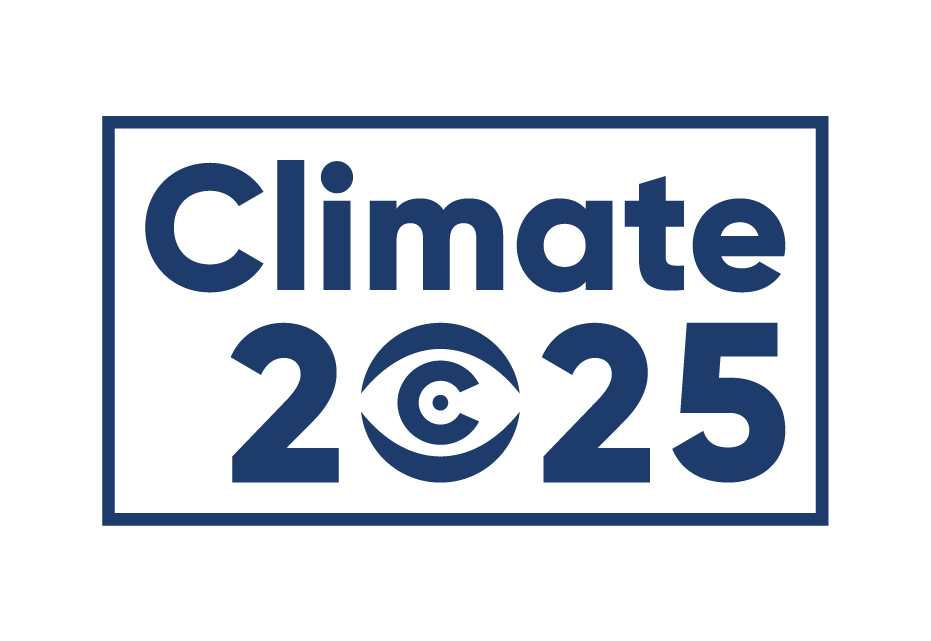UN Report: 1.5 Degree Limit to Improve Growth, Jobs and Safety
MARRAKECH, 16 November 2016: The United Nations Development Programme issued today a report commissioned by the Climate Vulnerable Forum, independently developed together with climate science and policy institute, Climate Analytics, entitled Low Carbon Monitor at the UN Climate Change Conference at Marrakech (UNFCCC COP22) that examines benefits and opportunities of limiting warming to 1.5°C as enshrined in the goal of the Paris Agreement on climate change.
The report’s key findings include the fact that economic growth as measured by GDP would be 10%, or USD12 trillion higher, if the 1.5°C threshold is held, compared to current policies which would see temperature rise to 3°C or more. The report shows that 1.5°C is feasible, requiring global zero CO2 emissions at mid-century and the investment share of renewable power reaching close to 100% of the energy mix.
H.E. Mr. Kare Debassa, State Minister of Environment, Forest and Climate Change of Ethiopia, current Chair of the Climate Vulnerable Forum, said the 1.5°C limit was a matter of survival for vulnerable countries. “But as developing nations we cannot turn our backs on opportunities for creating jobs, protecting our growth, improving health, and increasing access to energy” he said, adding “we will also thrive working for 1.5.”
Presenting entirely new data, the report indicated that limiting warming to 1.5°C would create 68% more energy-related jobs in 2030 compared with current policies. Renewable energy with off-grid advantages was the key to addressing energy poverty, the report found, while virtually all countries are capable of producing multiples of their current energy needs from renewable sources alone.
For the first time, the report shows that a 1.5°C trajectory reduces by one full month the length of extreme heatwaves each year for most tropical regions by mid-century, while preventing the disappearance of coral reefs and the Greenland ice sheet.
Dr. Michiel Schaeffer, Co-Director, Climate Analytics, and Co-Editor of the report said geophysical and biological impacts and risks increase significantly from 1.5°C to 2°C. “For developed and developing countries alike, the much lower climate change damages in a 1.5°C pathway means that economic growth opportunities can largely be preserved. In the absence of climate action, these opportunities would be substantially reduced by the 2040s.”
Mr. Matthew McKinnon, Project Manager, United Nations Development Programme said the report was consistent with recent industrial trends by presenting further evidence to dismiss the view that emission cuts would be incompatible with growth. “It’s the exact opposite: climate change is so threatening to growth that not tackling it has become one of the greatest development liabilities we face,” adding that “the challenge now is to ensure widespread access to the full array of benefits of aggressive climate action.”




